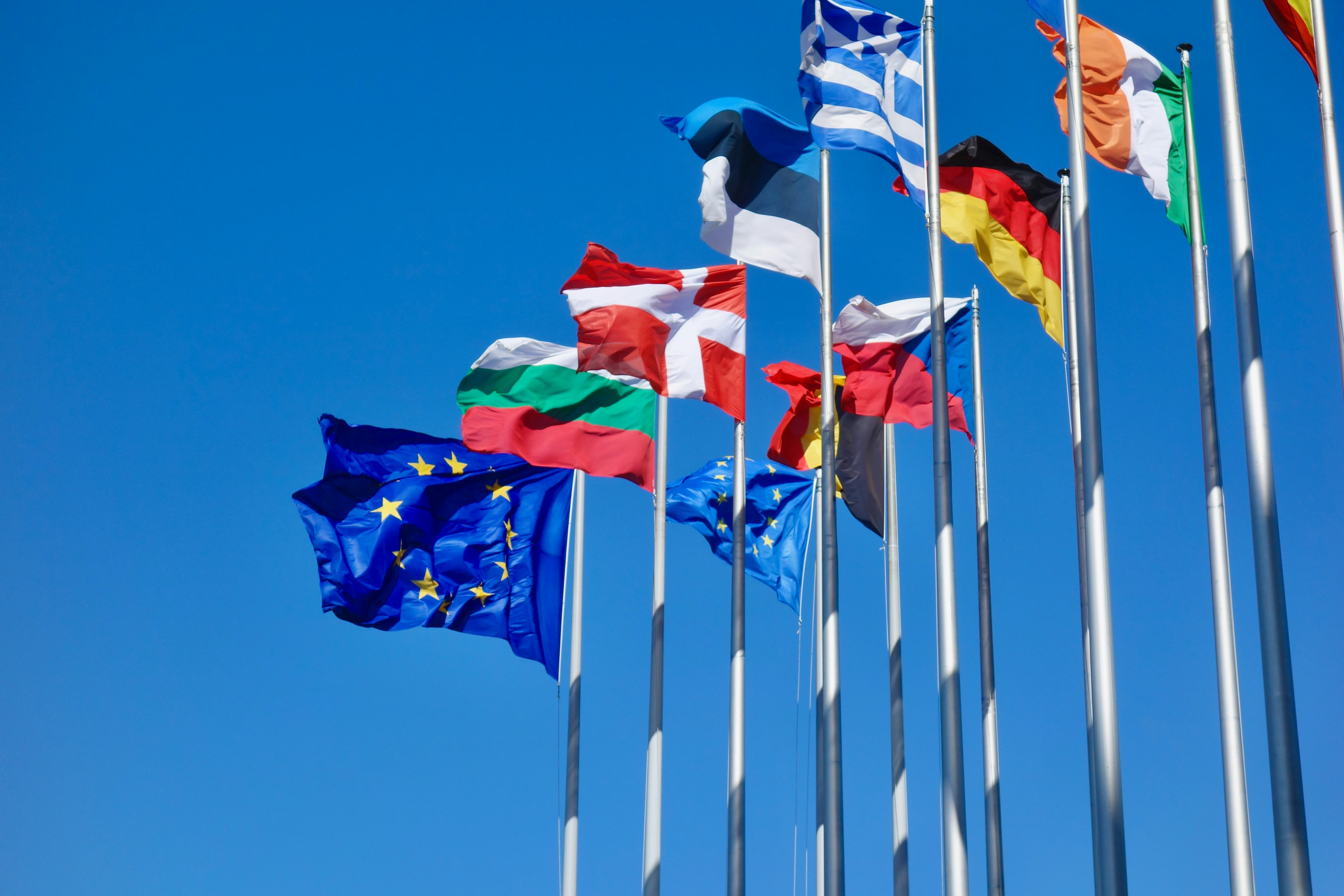[EUROPE] The European Union is intensifying its free trade negotiations with Asian nations in response to the significant tariffs imposed by US President Donald Trump, the bloc's trade chief confirmed on Wednesday.
Since March, President Trump has enacted a series of punitive tariffs on European goods, including a major 20% tariff on a wide range of EU products last month. This was followed by a temporary 90-day pause, which is set to expire in July.
The EU’s efforts to diversify its trade relationships come at a time of increasing fears of economic fragmentation and rising protectionism. Analysts suggest that the EU’s accelerated discussions with Asian economies are a strategic move to reduce its historical reliance on the US, which has long been its largest trading partner. This shift reflects broader global patterns, with nations increasingly seeking more resilient and diversified economic partnerships in response to supply chain disruptions and geopolitical tensions.
Despite the focus on alternative trade relationships, the EU remains committed to ongoing talks with Washington, though these will not be pursued “at any cost,” EU Trade Commissioner Maros Sefcovic said in a press briefing in Singapore. “I want to stress that, in today’s geopolitical climate, we are ensuring that the EU is not overly reliant on any single partner,” he emphasized.
This strategy marks a sharp contrast to the “America First” approach of the Trump administration, which has favored unilateral tariffs over multilateral agreements. Prolonged trade tensions between the US and the EU could potentially erode the transatlantic alliance, a cornerstone of global economic stability since the end of World War II. However, Sefcovic’s comments suggest the EU is prepared to explore alternative partnerships if talks with the US do not yield progress.
“We are accelerating negotiations bilaterally with Indonesia, the Philippines, Thailand, and Malaysia,” he revealed. These countries are all key members of the 10-nation Association of Southeast Asian Nations (ASEAN), a region with a combined population of over 650 million people.
ASEAN has become an increasingly important growth center, with its collective GDP projected to surpass $4 trillion by 2030. Strengthening ties with the region could provide the EU with access to fast-expanding consumer markets and alternative supply chains, particularly in sectors such as electronics, textiles, and agriculture. The EU is already ASEAN’s second-largest trading partner, and deeper economic integration could solidify Europe's presence in the Indo-Pacific region.
Sefcovic also highlighted the EU’s growing engagement with India. “We had another round of negotiations just last week,” he noted. His remarks came after the signing of a digital trade agreement between the EU and Singapore on Wednesday.
The deal with Singapore represents a key step in the EU’s efforts to modernize its trade framework, focusing on e-commerce, data flows, and cybersecurity. As digital economies continue to expand, such agreements are expected to set global standards for cross-border digital trade, easing barriers for European tech companies operating in Asia. The EU is reportedly working on similar pacts with South Korea and Japan, signaling a broader ambition to influence the global rules for digital commerce.
“Our goal is clear: we aim to continue signing agreements and remain a reliable, trusted, and predictable partner in an increasingly volatile global landscape,” Sefcovic said. He also pointed to “potential enhanced cooperation” with countries in the Comprehensive and Progressive Agreement for Trans-Pacific Partnership (CPTPP).
While the EU currently holds a €154 billion surplus in goods trade with the US, it faces a €104 billion deficit in services trade, according to data from the European Statistics Office. This leaves the EU with a net surplus of €50 billion, which could be offset by increasing imports of liquefied natural gas, soybeans, and high-end computer chips from the US, Sefcovic explained.
President Trump has claimed that the US trade deficit with the EU amounts to several hundred billion dollars annually. Currently, a 10% baseline tariff is imposed on goods from the EU and other countries. As July approaches and the temporary tariff pause nears its end, negotiators are working to avoid a full-scale trade war if higher tariffs are reintroduced.
The EU is also watching closely for signs of “de-escalation” in the ongoing US-China tariff dispute, as officials from both countries are set to meet in Switzerland for talks this weekend, Sefcovic added. Trump has levied tariffs as high as 145% on Chinese goods, while Beijing has retaliated with 125% levies on US imports.














